The Única Cooperative Winery's Forced Departure
This Wednesday marked the final day of grape harvesting at the historic building of Única — Adega Cooperativa do Algarve. Established in 2008 through the merger of the Lagoa and Lagos cooperative wineries, it was one of the few remaining in the region. The building, constructed in 1947 near the entrance to Lagoa on the Estrada Nacional 125, was sold in 2018 to address the winery's financial struggles, including accumulated debts over the years. Bank and member debts were settled, leading to a period of revitalization with recovered members and clients, increased production, and the creation of numerous tastings and events.
However, the cooperative winery became a tenant in part of its former headquarters—a situation that was unlikely to last. The new owner, Lieberwirth — Gestão e Investimento Imobiliário, S.A., a company involved in real estate, rural tourism, and wines owned by a German investor residing in the municipality, had the building on the market for several years. In late 2024, a registered letter announced the expected outcome: the lease agreement, set to expire in February 2025, would not be renewed. The winery had until the end of July to vacate, a deadline later extended. "We know that next month [October] we're leaving," states Ana Clara Agapito, the commercial and nearly sole employee of Única.
According to the president of Lagoa Municipal Council, there have been contacts with a "putative promoter" interested in purchasing the building, which, according to the Municipal Master Plan, must be used for 'commerce and services'. However, as Luís Encarnação (PS) knows, "the deal isn't fully closed yet," with meetings held to present a Preliminary Information Request. The municipal planning instruments include safeguards, and it has been communicated that the history and identity of Lagoa, tied to wine production, must be respected. To approve the new project, the facade must be maintained, and the -2 floor, housing the barrel room and bottled wine storage, must be transformed into a "wine museum" built by the promoter and later managed by the municipality. "For everything else, we have no reservations, as the building has no classification or significant municipal relevance."
When the building was sold to Lieberwirth, the municipality's right of first refusal was not yet in the plan. Although it is now a legal possibility, the values involved are "too high," and the council will not exercise this right due to the substantial cost. The outcome of the ongoing deal and the building's future should be known by the end of this year.
For now, the last grapes were processed this Wednesday in the monumental building, originally built as a cooperative winery and expanded over the years. Única was once the most important winery in the Algarve and one of the largest in Portugal, with over 400 members at its peak. The departure marks a temporary farewell from Lagoa, with plans to rent a warehouse in São Bartolomeu de Messines, Silves municipality, for production transfer, supported by Abegoaria, which manages the cooperative's operations.
The mayor expresses regret but notes intentions for a return to the municipality with a more ambitious project, including a new winery and focus on enotourism. Uncertainties remain about the future of the Algarve's only cooperative winery and its heritage.
Region with a Rich Wine History
Wine production in the Algarve dates back to ancient times, gaining importance during the phylloxera outbreak in Portugal, which spared the region. "It didn't cross the Tagus River south. At that time, the Alentejo was just cereals and acted as a buffer," recalls João do Ó Marques, the winery's oenologist. "The Algarve supplied grapes for Port wine."
There have always been many grapes in the region, cultivated by small farmers who began organizing into cooperatives starting in 1945. That year, Lagoa's cooperative was born, followed by Lagos, Portimão, and Tavira in the 1950s. After a period of prosperity, independence of former Portuguese colonies led to sharp sales declines, compounded by tourism growth, real estate speculation, and agricultural abandonment.
Poor management by farmer members, lack of professionalization, modernization, and new market searches put cooperatives in financial trouble. Portimão and Tavira wineries closed in the 1990s, while Lagos and Lagoa merged into Única in the early 2000s. Concurrently, private wineries emerged, with nearly 60 now compared to about 15 a decade ago.
Inside the building, cement deposits line up like continuous walls, marked by heavy red iron doors. "When they founded the building, they had a huge vision," points out Ana Clara Agapito. "It was prepared to receive up to 10 million liters of wine." The maximum production was between 4 and 8 million liters years ago. On paper, the cooperative had up to 400 members, but in recent years, only a handful have delivered grapes for harvesting, allowing the winery to maintain 12 wine references, including DOP and IGP wines, liqueur wines, and brandy.
To survive, the cooperative handed management to Abegoaria, which opened operations to service provision, vinifying for other brands like Barranco do Vale, Dona Niza, Al-Mudd, and Abegoaria. On average, the winery produced "a little over a hundred thousand liters" of wine annually, less than half from members. "If it weren't for the service provisions, we would have already closed."
Ana Clara Agapito, a luso-Brazilian who moved from São Paulo, expresses frustration: "It's shameful, sad. How do we shout louder about what's happening? It will be lost and then it's gone." She emphasizes that there has always been pressure to close the cooperative, with official words of support but little action.
The Algarve risks being the only demarcated region without a cooperative winery, losing not just heritage but a philosophy that supports small producers. It ensured the purchase of all members' grapes, helping prevent the extinction of the Negra Mole grape variety, a key Algarve caste. The Lagoa Signature, a monocaste Negra Mole wine, is evidence of this legacy.
While the built history of "how wine was made in the Algarve in the past" faces uncertainty, the cooperative seeks a new path for subsistence. Regarding the collection, an inventory has been made, and if a protocol under negotiation is realized, part will be donated by Única, and part acquired by the municipality. Legal services are studying the possibility of the winery maintaining its headquarters in a space within the museum, with an area to exhibit products.

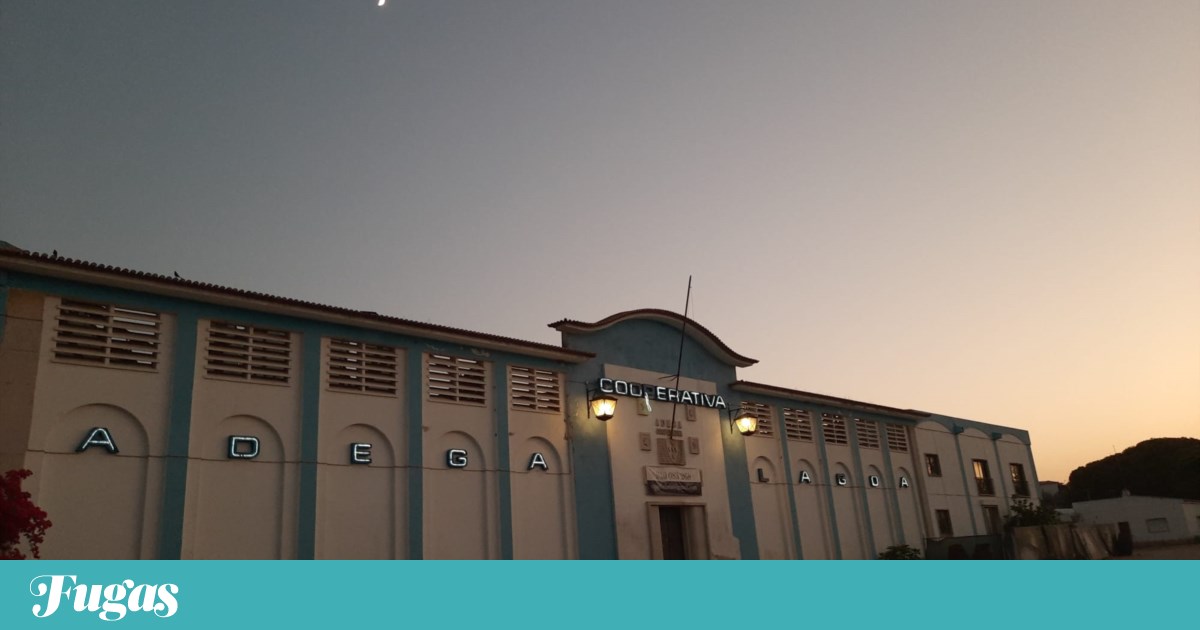

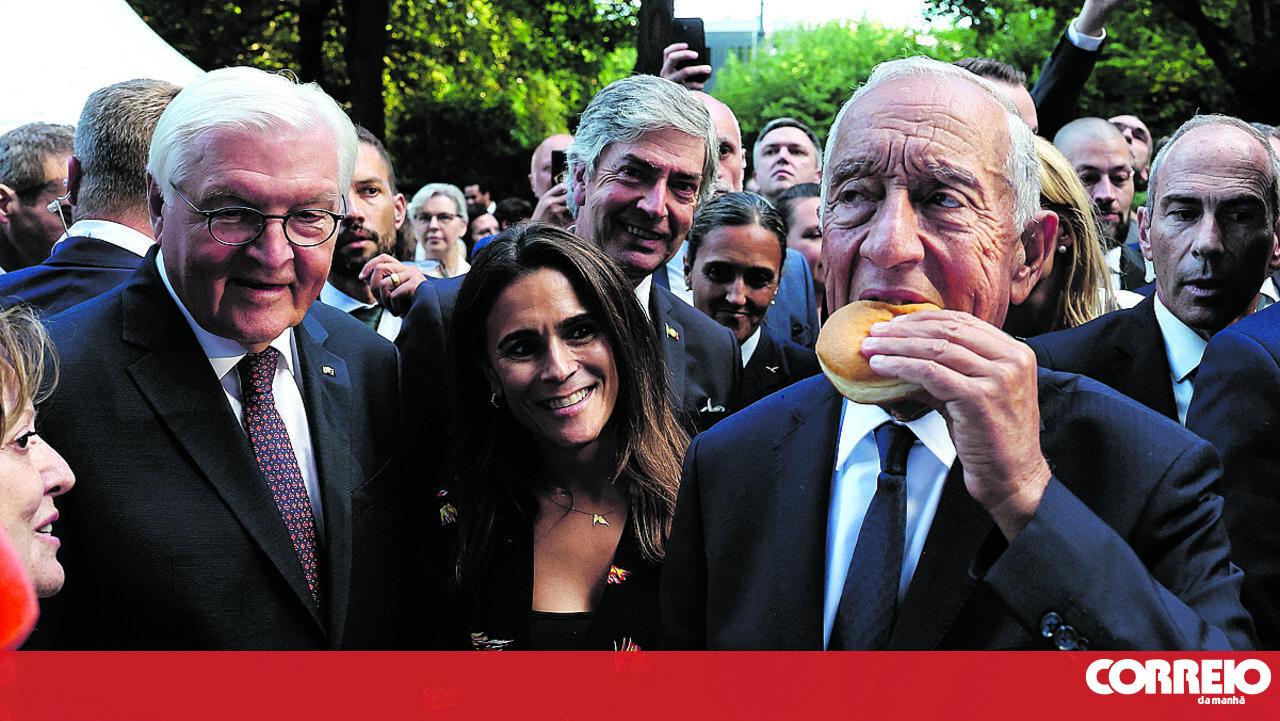
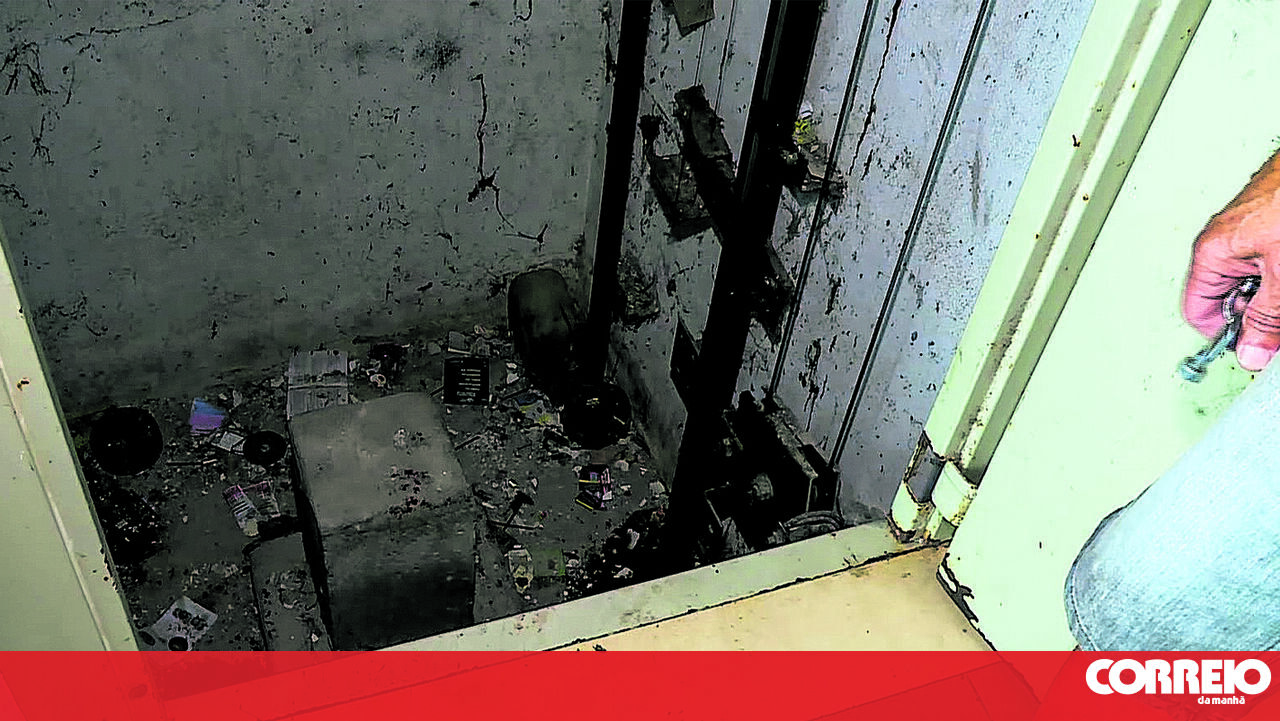



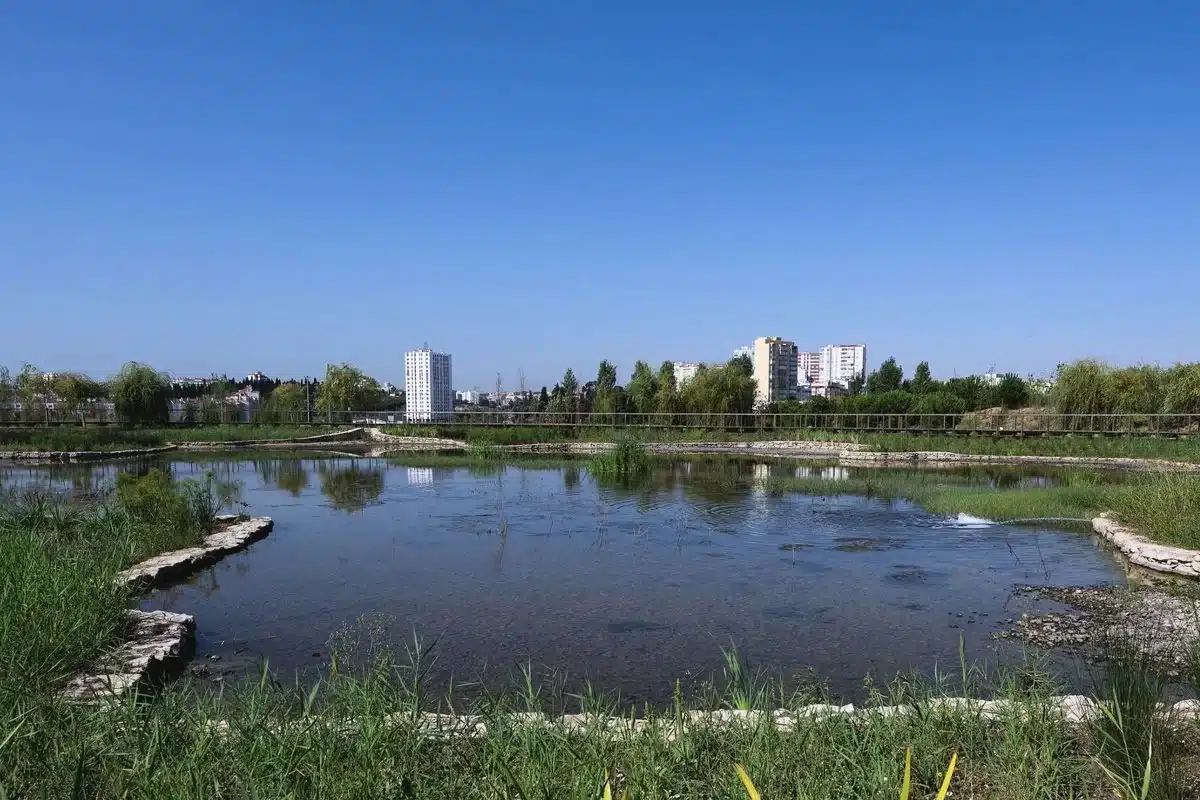
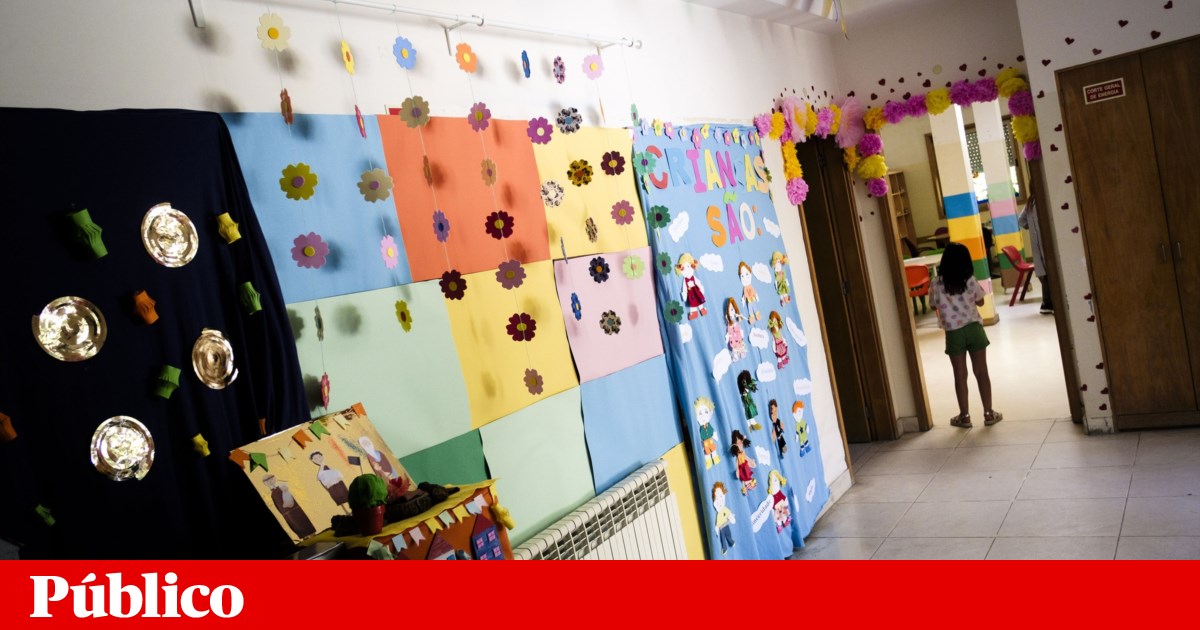



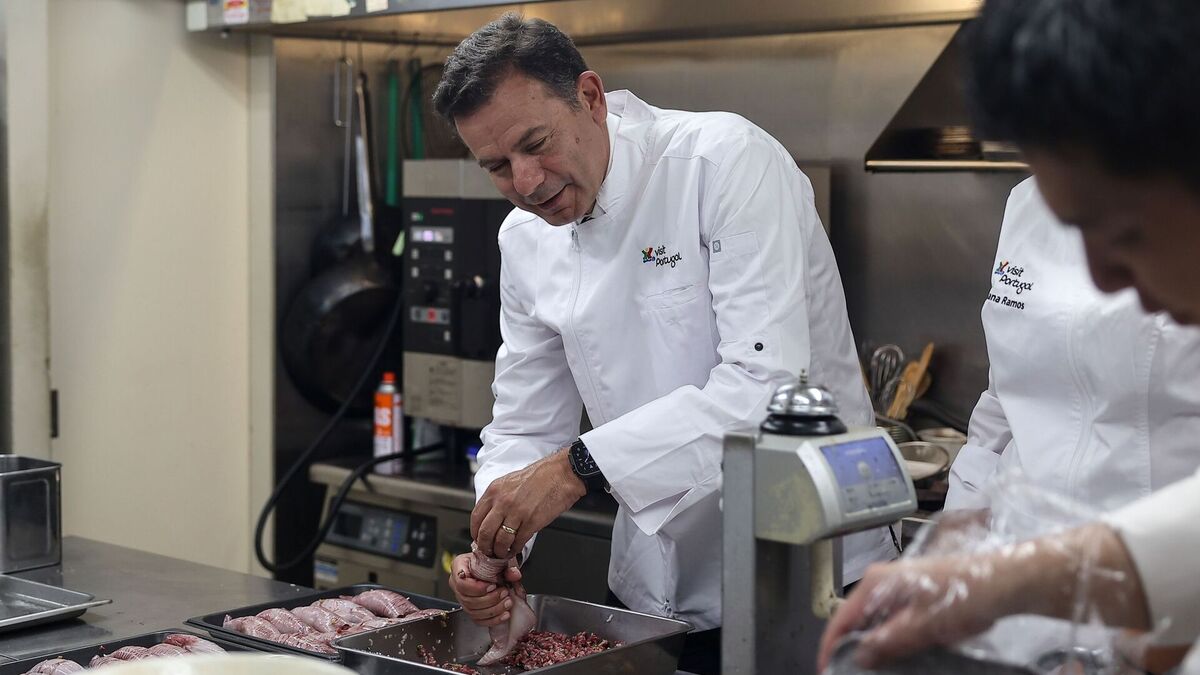
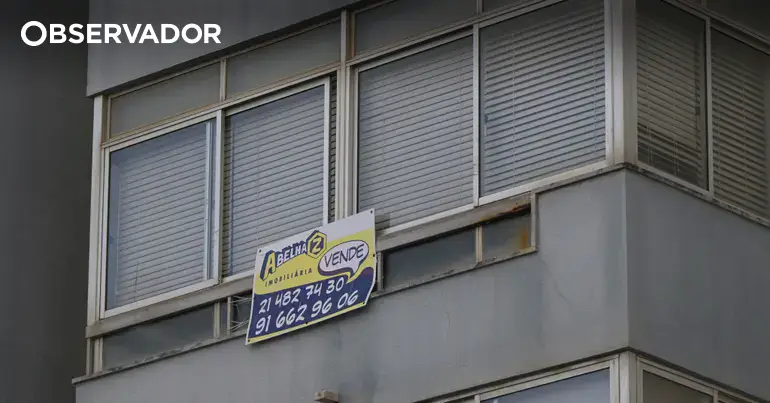
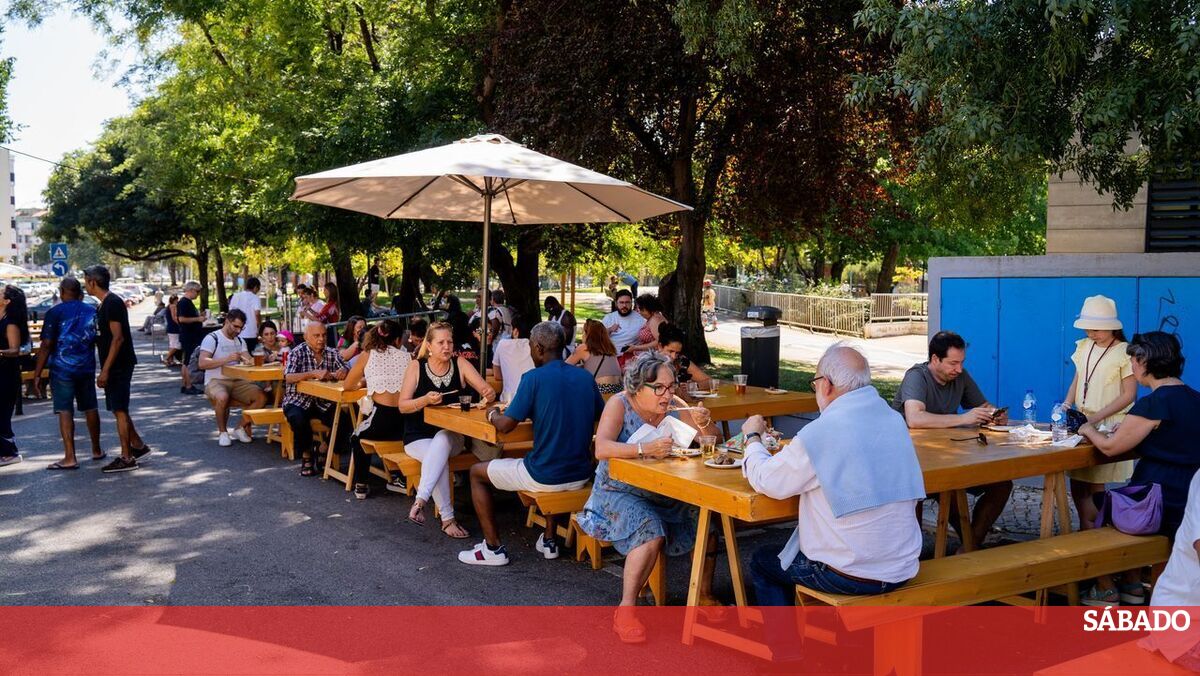



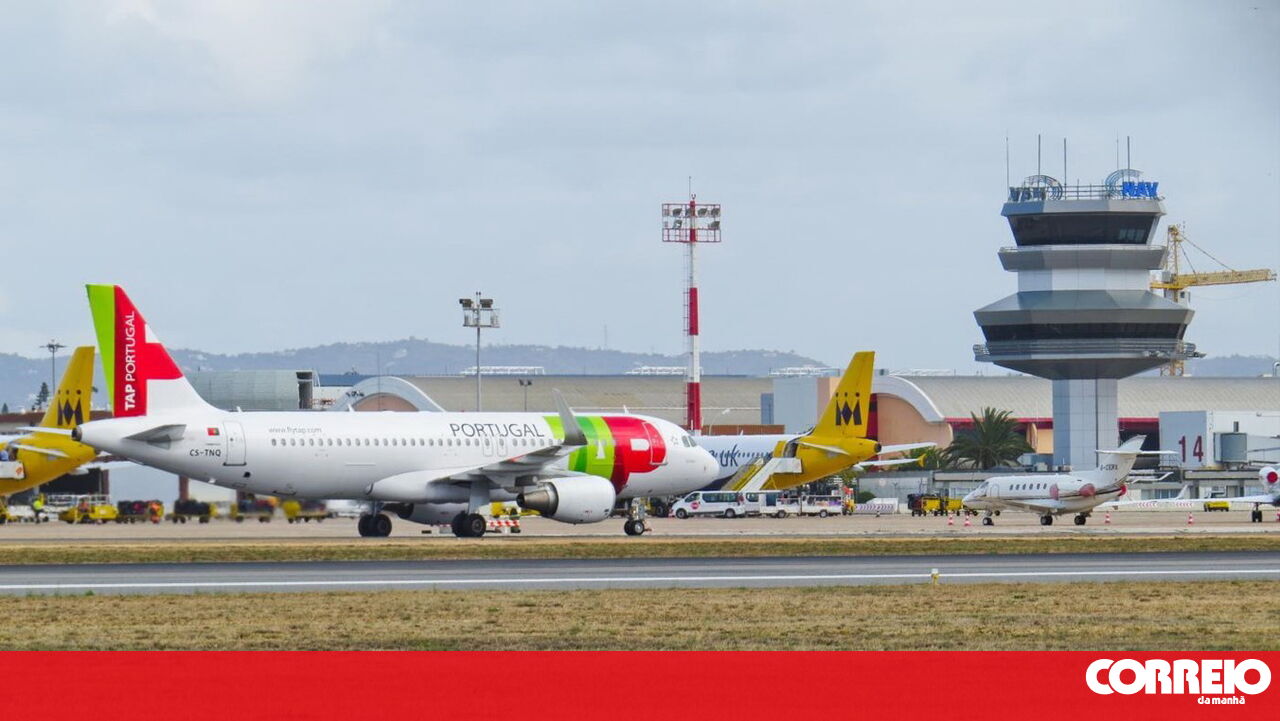


Comments
Join Our Community
Sign up to share your thoughts, engage with others, and become part of our growing community.
No comments yet
Be the first to share your thoughts and start the conversation!